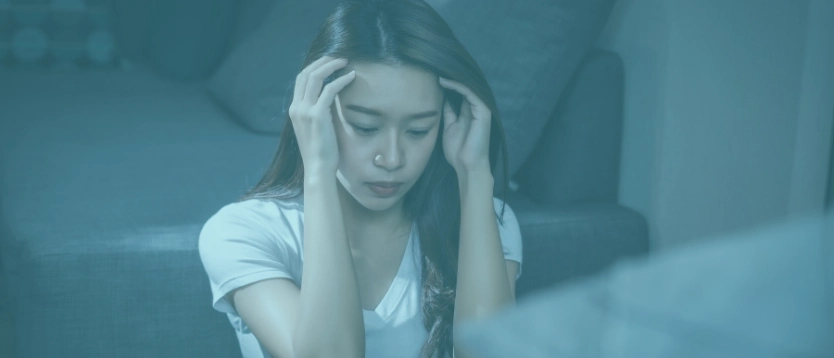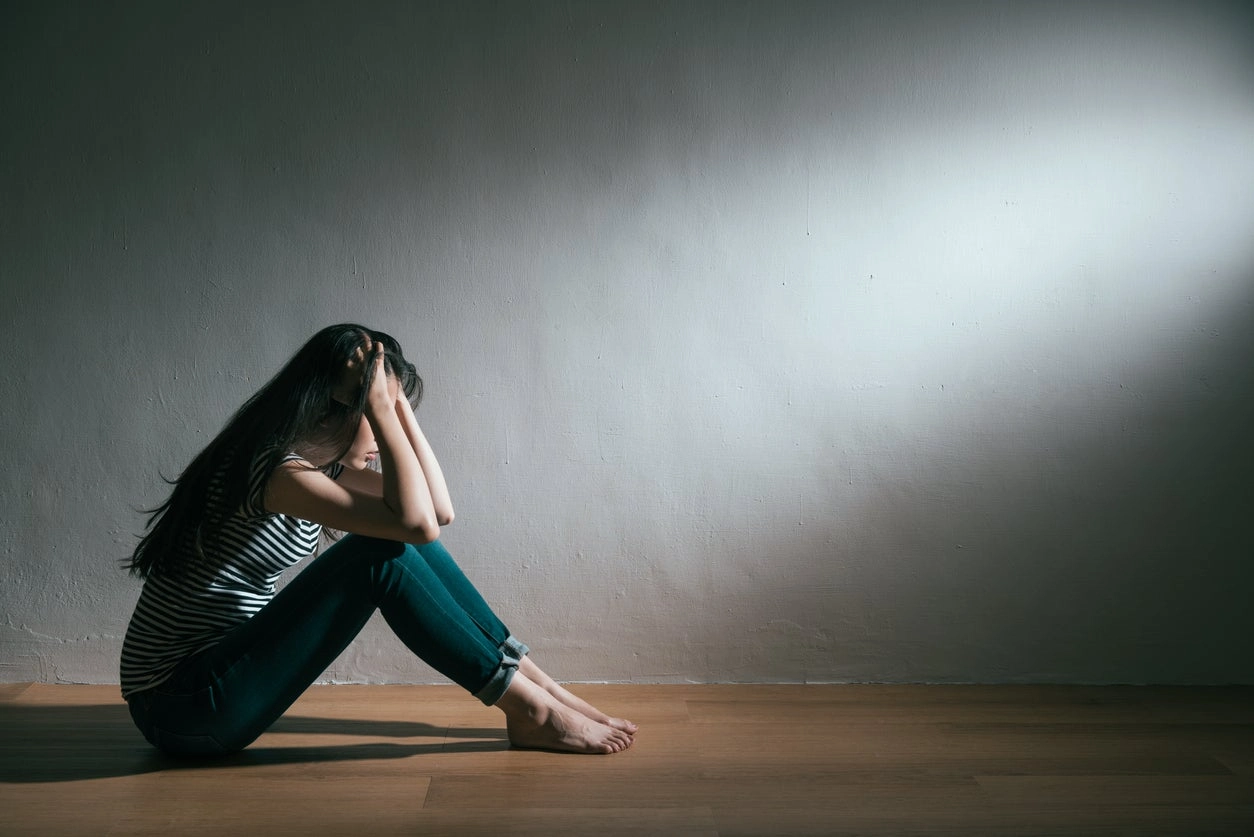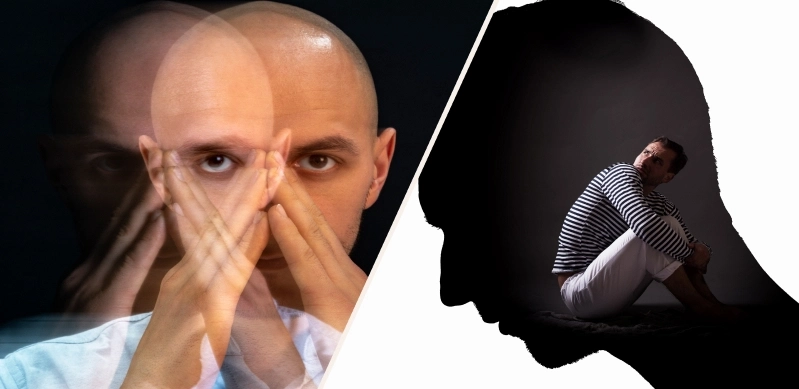Bipolar Treatment Centers: Bipolar illness is a complicated mental health ailment marked by extreme mood fluctuations. Individuals with bipolar disorder usually alternate between two states: mania (or hypomania) and depressive episodes.

Patients may exhibit increased energy, less need for sleep, higher drive to accomplish goal-oriented activities, and more talkativeness during manic episodes. Depression is characterized by low mood, hopelessness, weariness, and a decrease in enjoyment of enjoyable pursuits. It might potentially cause suicidal ideation and even suicide in extreme instances.
Bipolar Treatment Centers Playing a Vital Role
Maintaining healthy relationships and fulfilling work and personal obligations might be challenging when living with bipolar illness. This may have a significant impact on their future employment prospects and overall well-being.
Bipolar clinics takes a comprehensive approach to the difficulties of treating bipolar disorder by integrating psychotherapy, lifestyle counseling, support groups, and a variety of other techniques catered to the specific needs of their patients. They assist their patients in regaining control over their lives and developing resilience against the stresses that cause them to fall into a depressive state by addressing both the psychological and physiological elements of bipolar disorder.
The Etiology of Bipolar Disorder
Bipolar disorder is a complicated mental health illness that often arises from the interaction of several contributing causes.
Many patients have one or more close family members with the same illness, and researchers have discovered a strong connection between the onset of the disease and genetic factors. Although there is no single gene that directly causes bipolar illness, some genes may raise the chance of getting it throughout one’s lifetime.
In addition to environmental and personal factors like past trauma or living with high levels of neuroticism, neurochemical and physiological variables such as neurotransmitter levels, hormones that affect mood disorders, and brain injury have also been linked to bipolarism.
When Should Someone Get Treatment for Bipolar Disorder?
If left untreated, bipolar disorder can have significant consequences for one’s mental health. As with other serious mental health illnesses, it is strongly advised to seek professional mental health care when it impairs your ability to carry out your personal and professional duties and when it affects your quality of life.
Those who have bipolar illness may overcome the mood swings that can result in worry, decreased functioning, and a variety of other negative consequences by receiving the correct care and therapy.
If you or a loved one has had any of these symptoms, please call Bipolar clinics for a no-commitment consultation on how they may help you regain control of your emotions.
- You often go through severe emotional highs and lows, as well as profound despair and hopelessness.
- When you are in a manic mood, you might engage in dangerous activities such as excessive spending, substance usage, or sexual activity.
- Changes in your sleep patterns are frequent when you go between states, which can cause weariness or restlessness.
- To help regulate or elevate your mood, you’ve turned to alcohol or drugs.
- You have suicidal thoughts or feelings of worthlessness. (Please get medical help right away!)
What is the Treatment for Bipolar Disorder?

Gladstone Clinic prioritizes customized treatment schedules because bipolar disorder is so difficult to treat. Their experienced psychologists and recovery team are committed to comprehending your unique situation, including the specifics of your mood swings, your personal background, and any co-occurring mental health disorders. This allows us to create and implement efficient and successful therapies that are tailored to your individual needs for a long-lasting, long-term recovery.
Behavioral Treatments
The foundation of their rehabilitation treatment regimens for bipolar illness is behavioral therapies. Although patients should expect treatments that are tailored to their unique needs, several therapies have shown to be quite effective in helping them comprehend their condition and build strong coping mechanisms.
Cognitive Behavioral Therapy (CBT) and group therapy are examples of common treatments, but they are not the only ones. Additionally, they may advise family therapy in some circumstances to help foster a home atmosphere that promotes long-term rehabilitation.
Resolving Fundamental Problems
Their integrated approach includes identifying and treating underlying coexisting mental health conditions, such as anxiety and depression, in many of their patients seeking treatment for bipolar disorder rehabilitation. This promotes a more comprehensive recovery while simultaneously lowering the chance of relapse.
Aftercare and Continuous Assistance
It might take several months for some people to completely recover from complicated mental health disorders, depending on the individual.
Bipolar clinics provides outstanding aftercare and continuing support services to guarantee long-term success, even if significant improvements may be achieved during the initial course of treatment. Depending on your demands, this may include further treatment, access to Gladstone’s rehabilitation resources, and ongoing membership in support groups that hold meetings on a regular basis.







